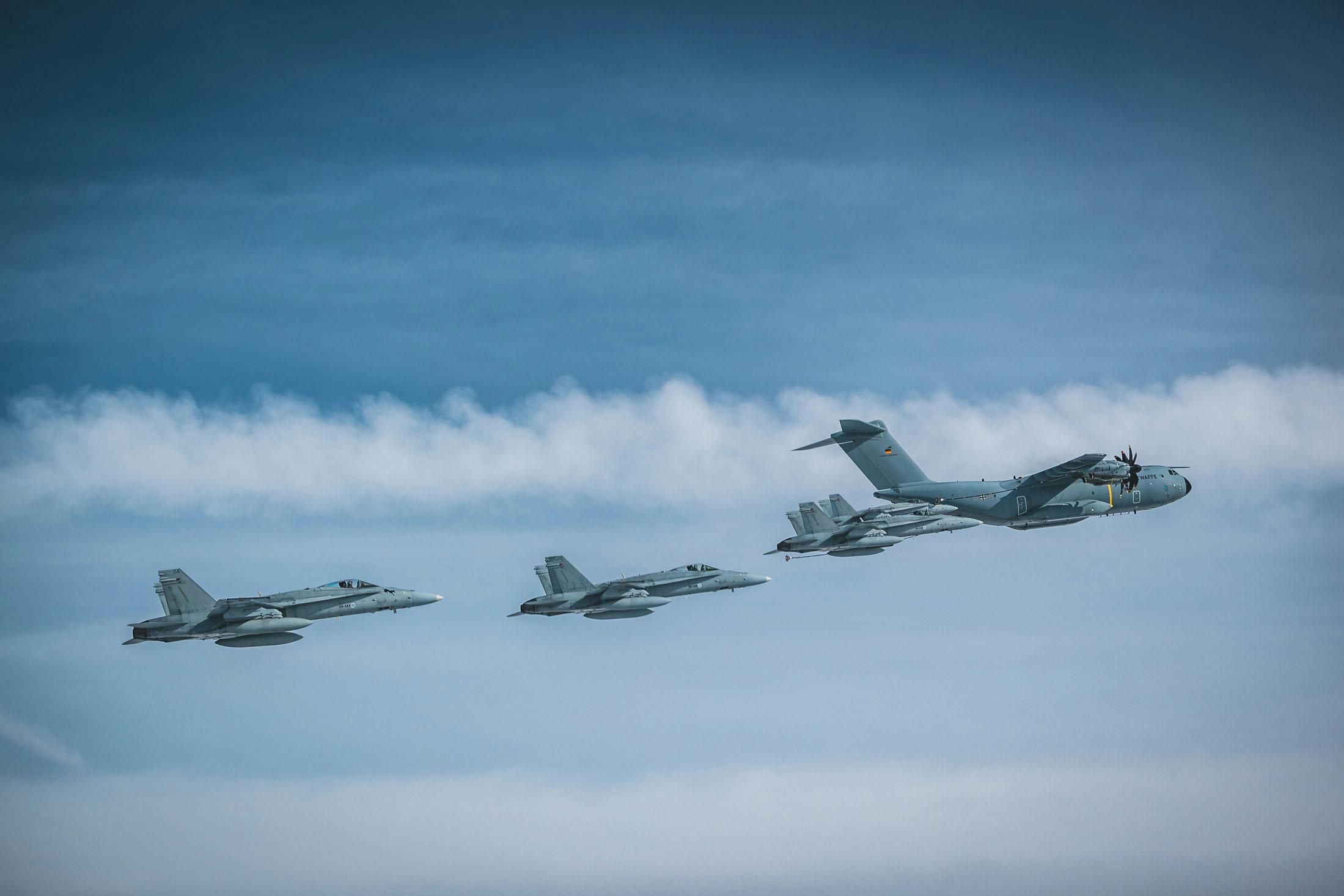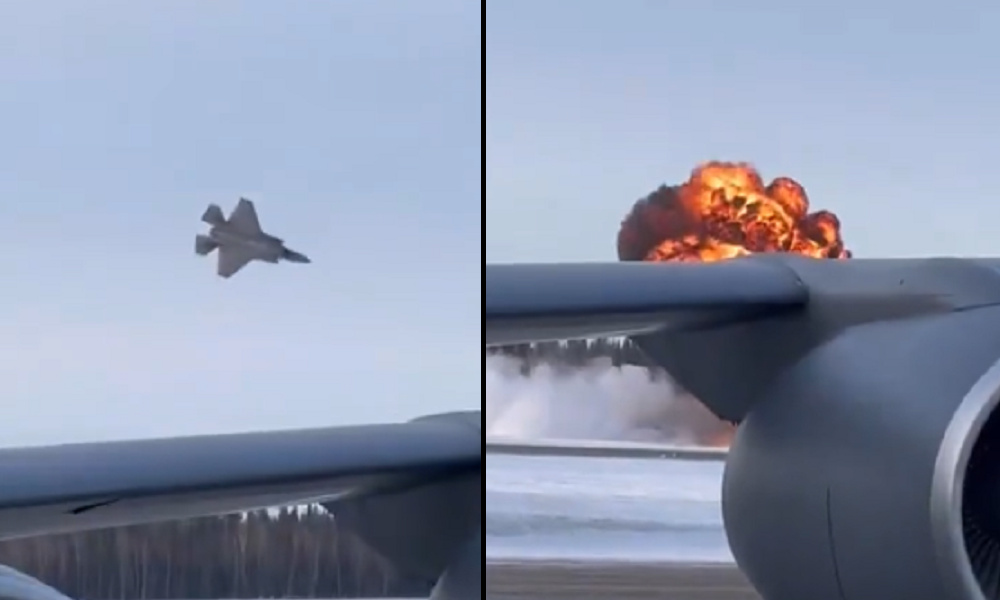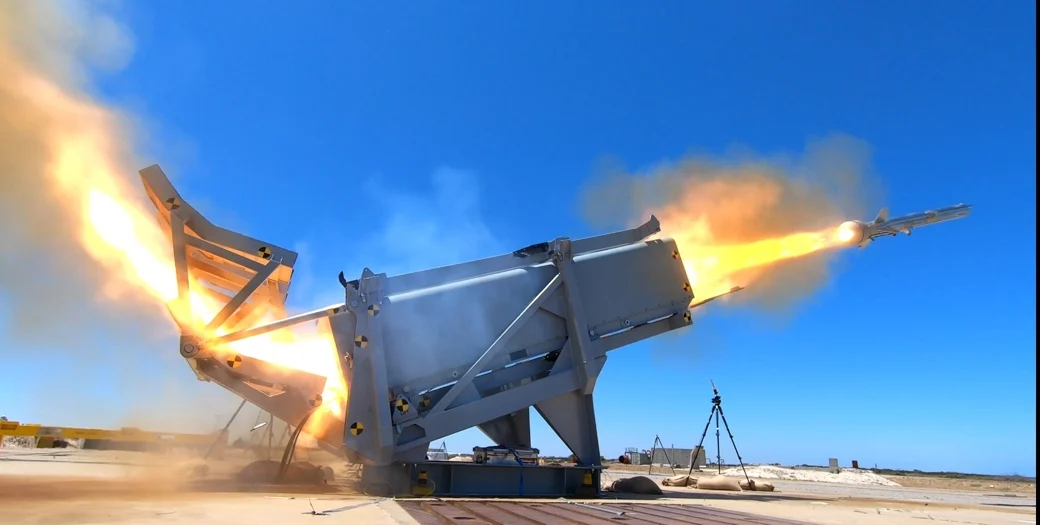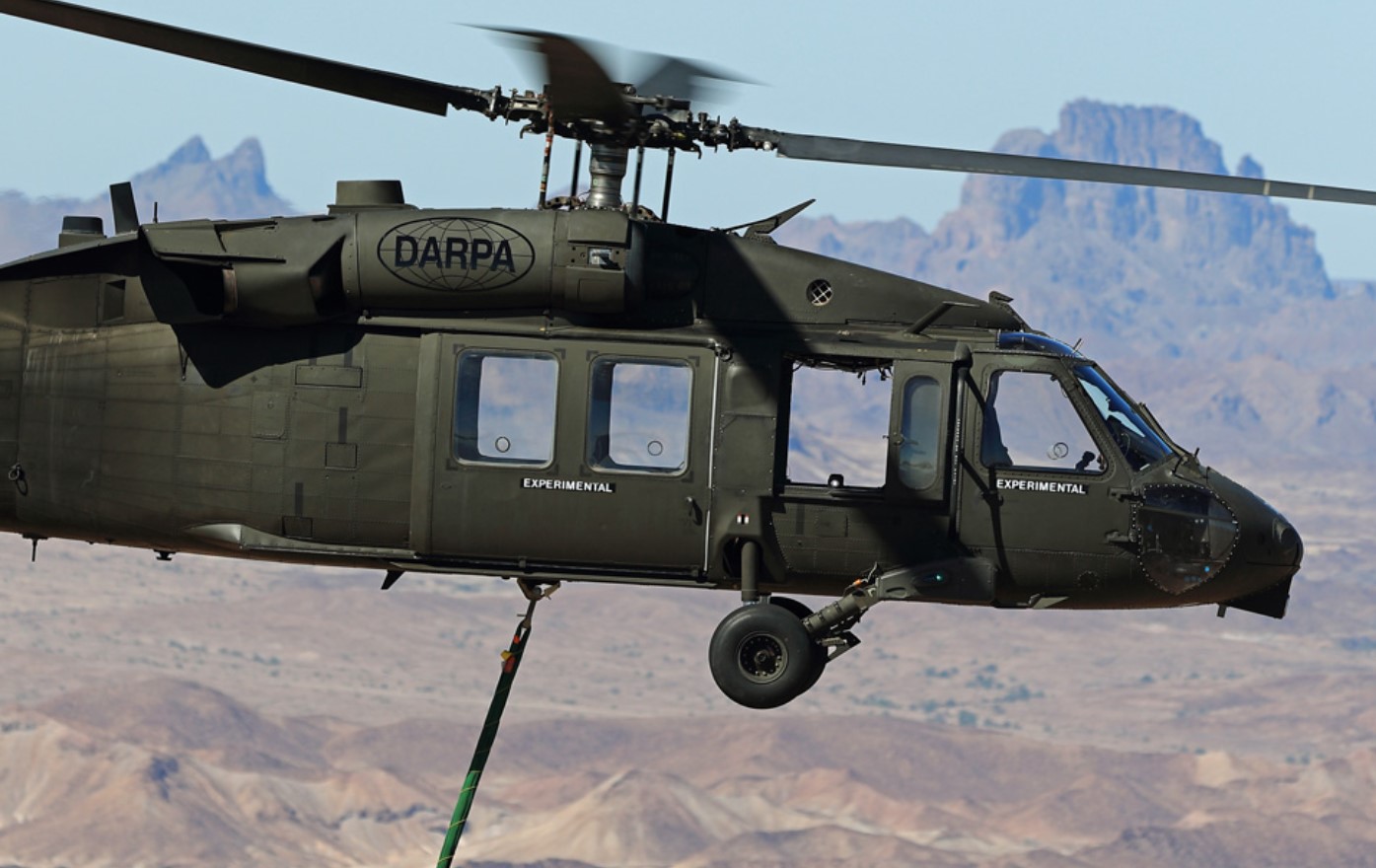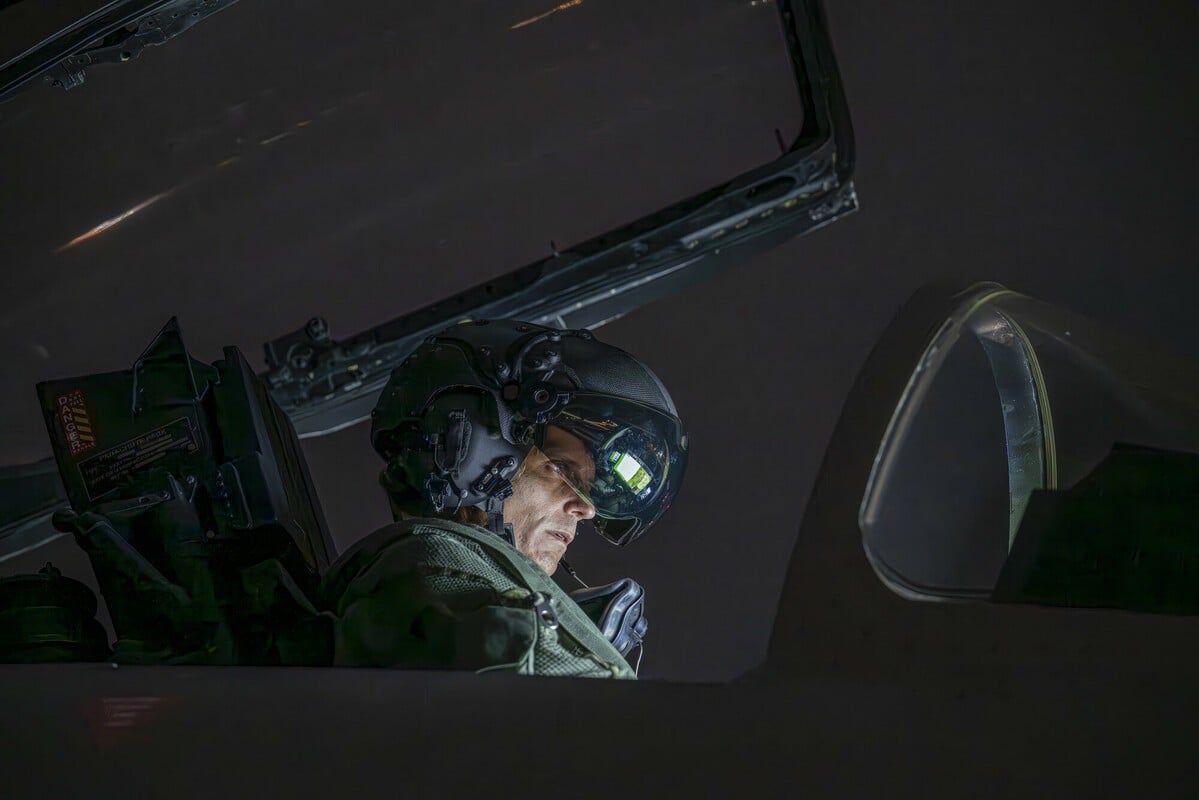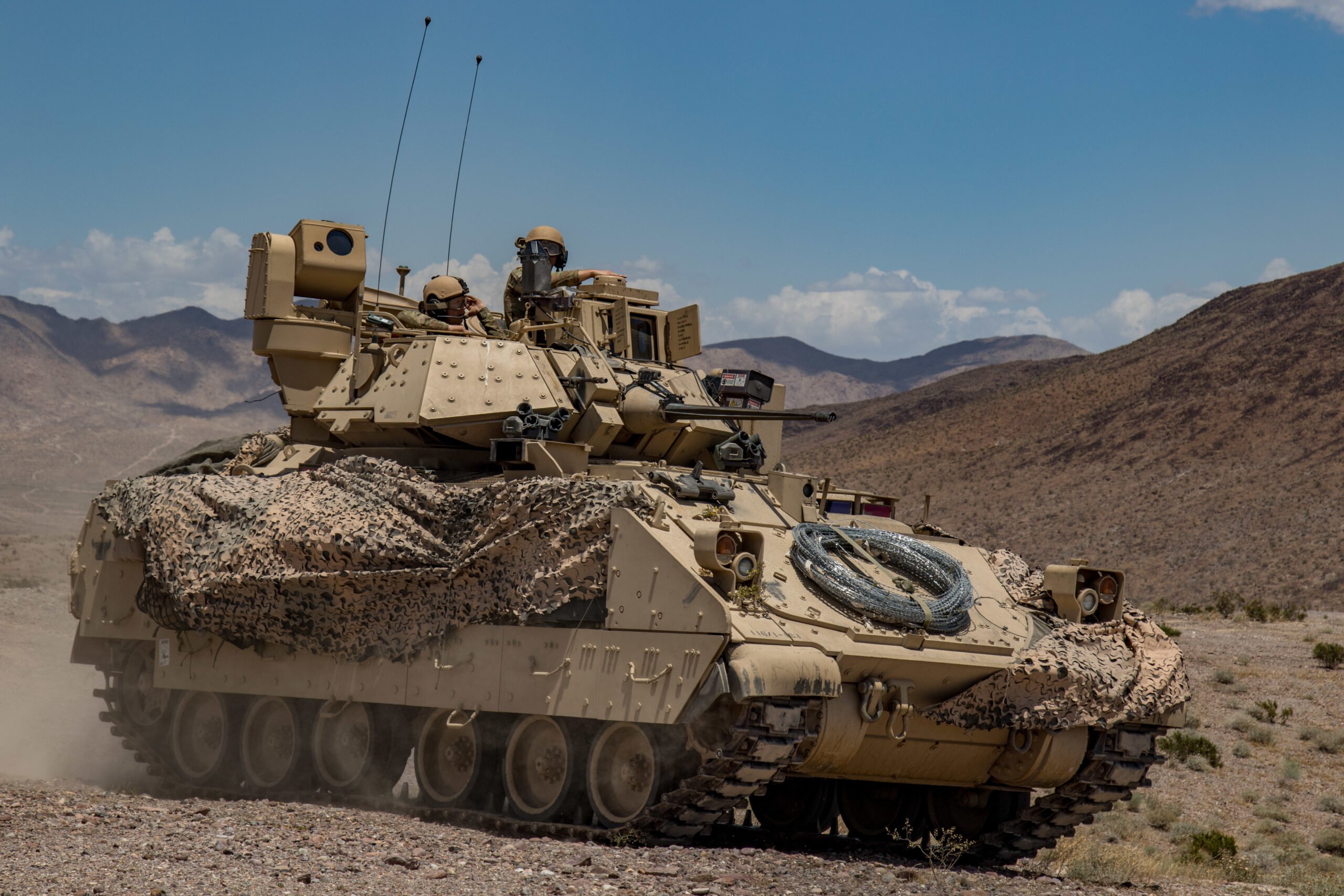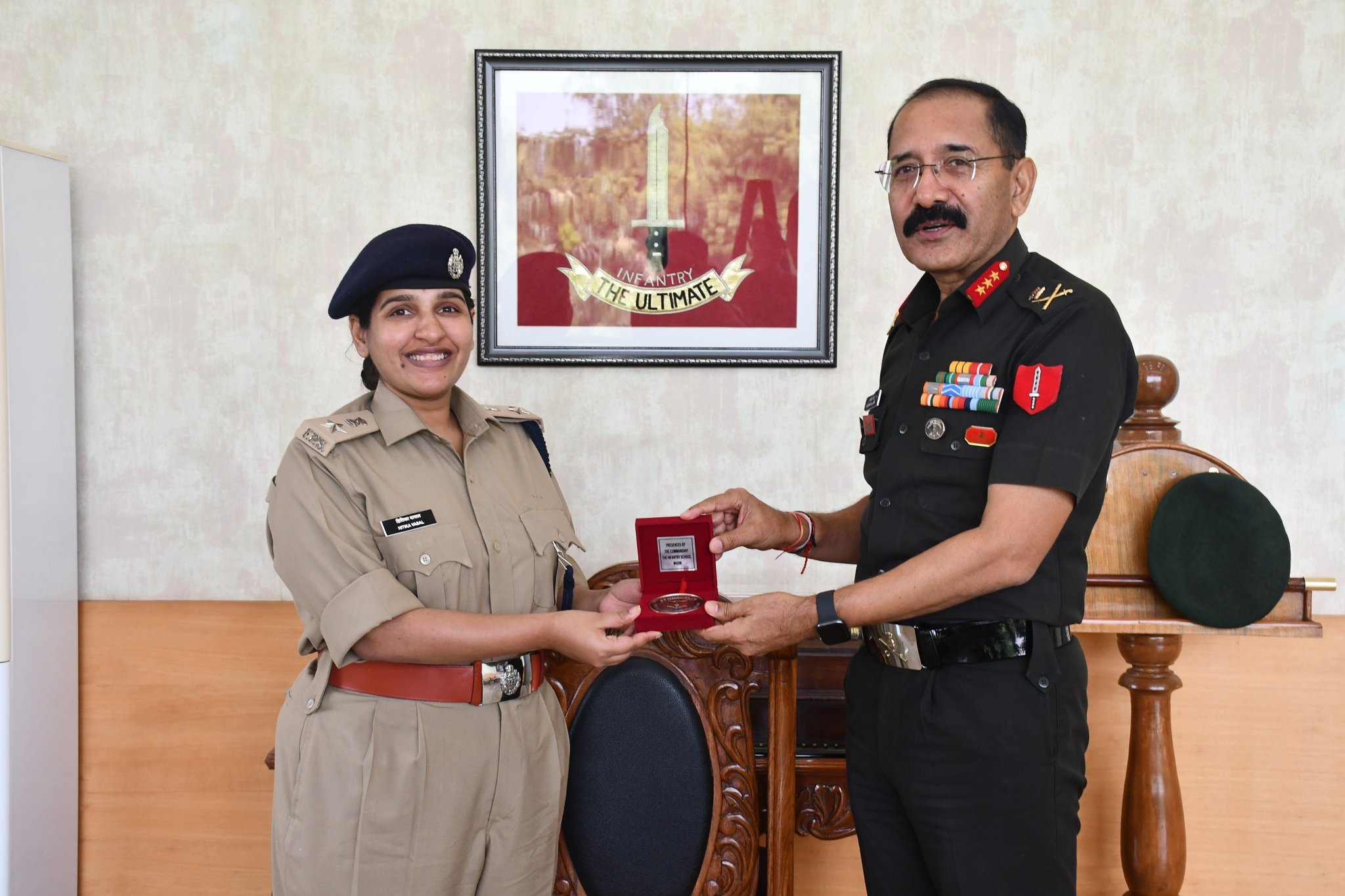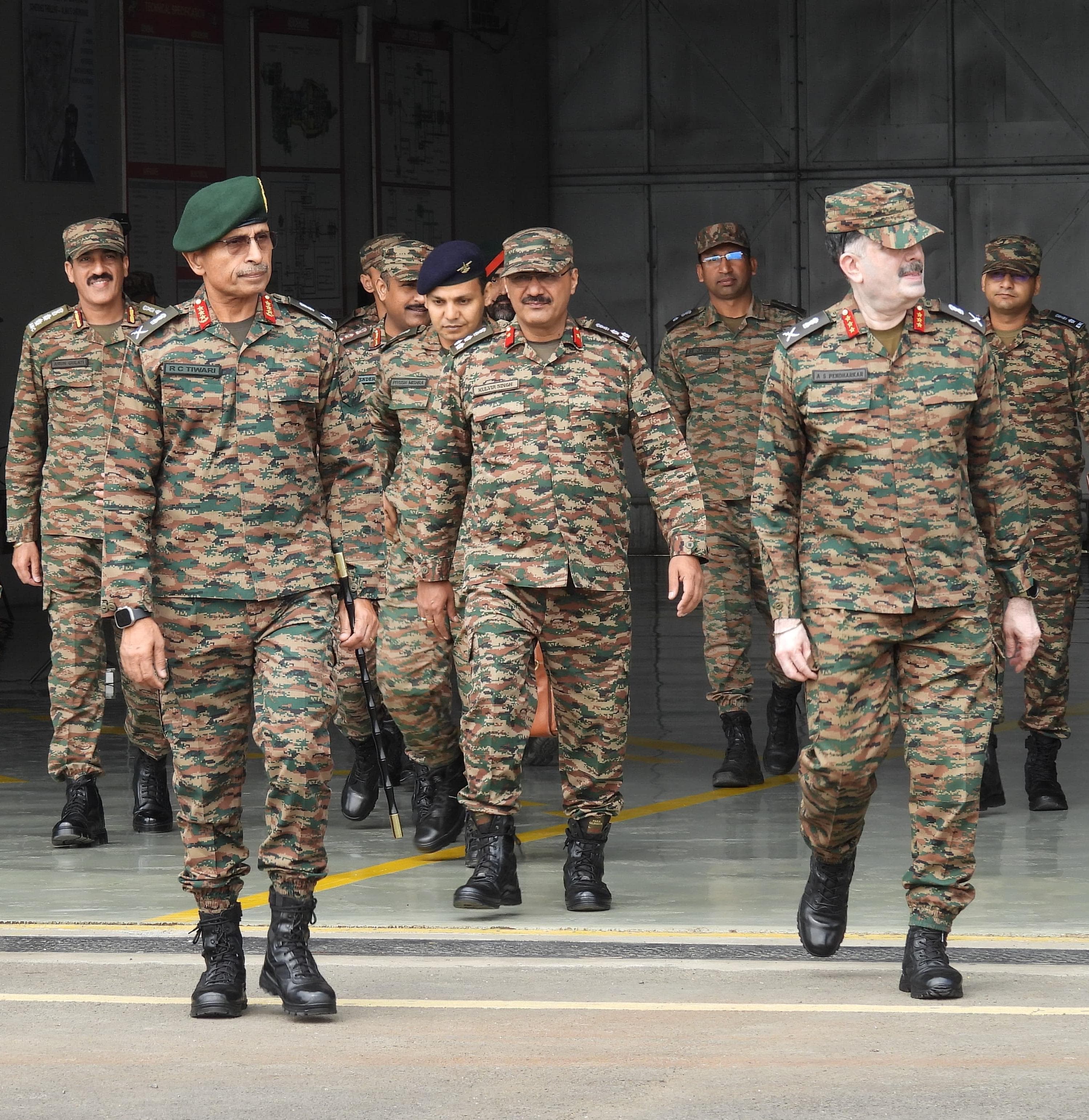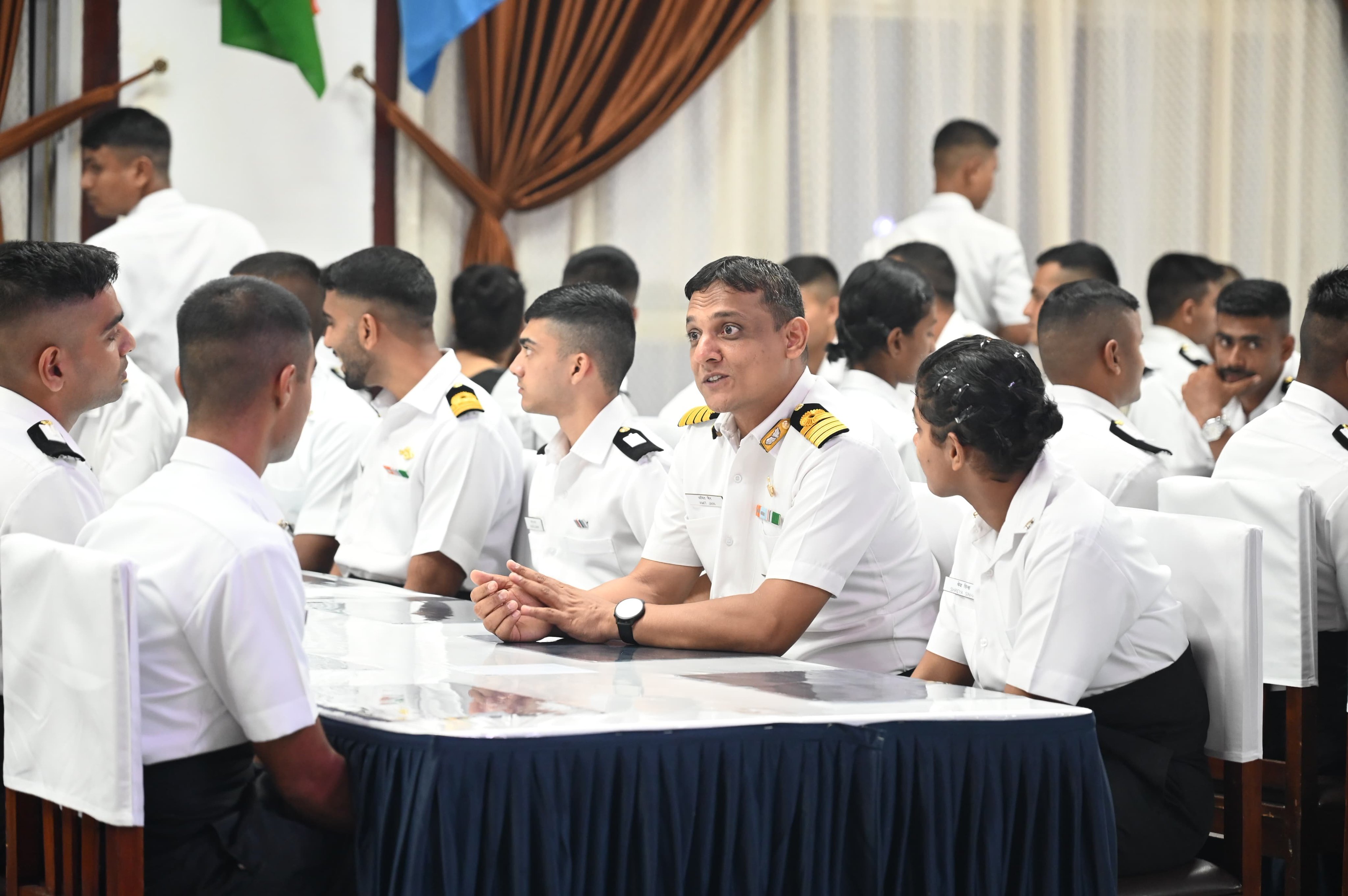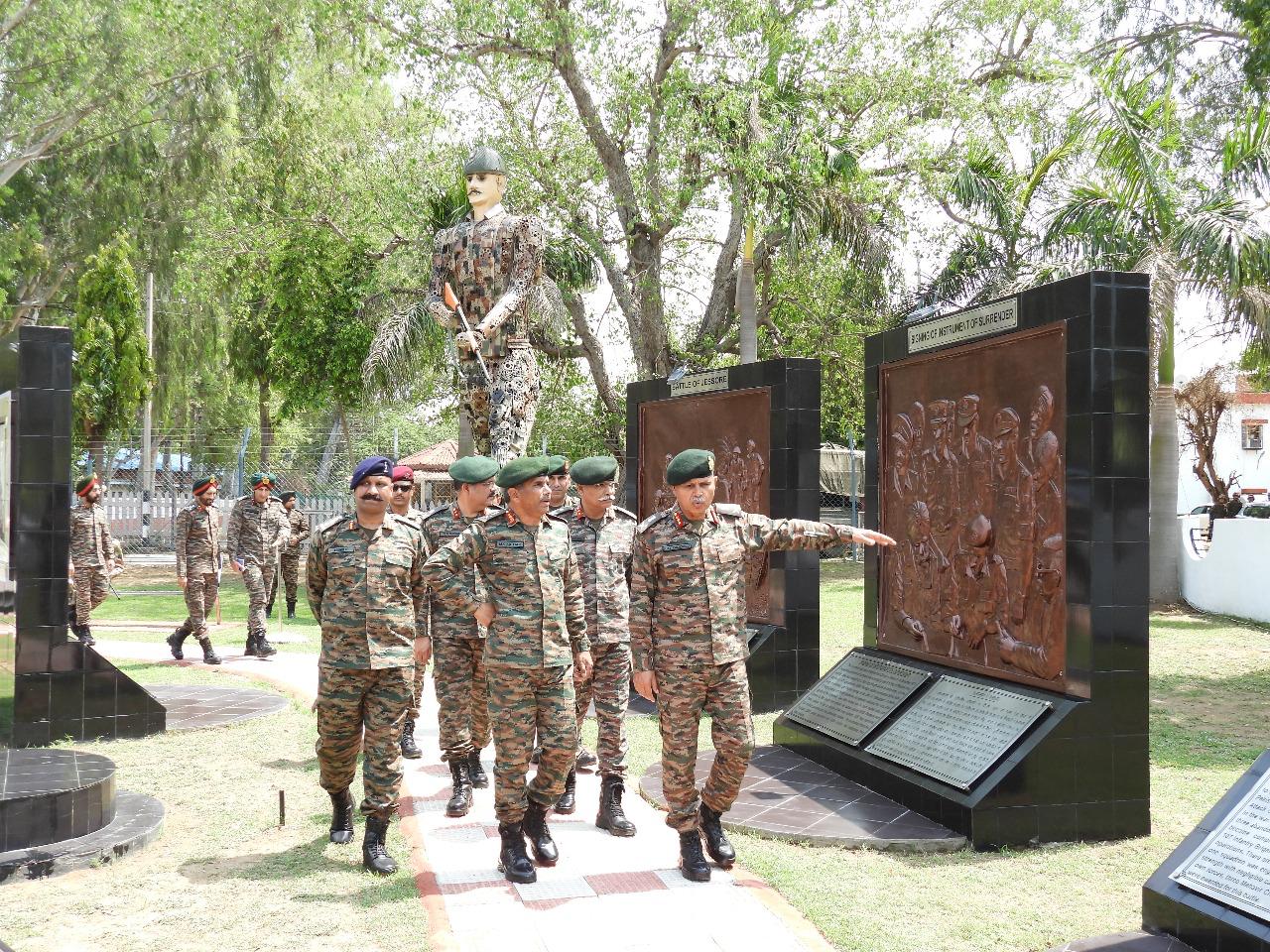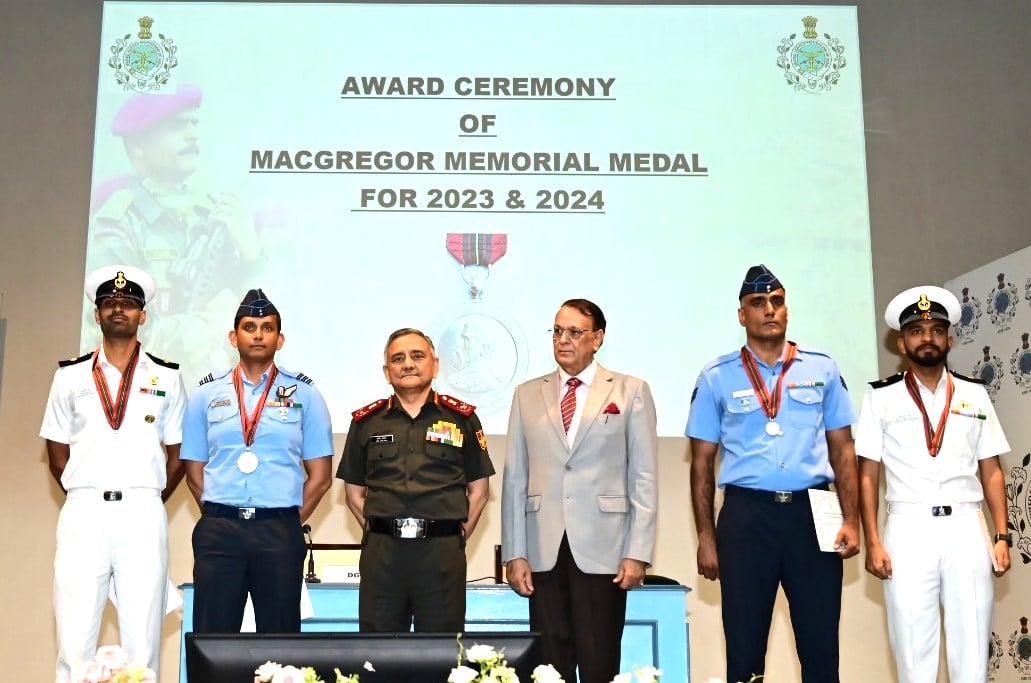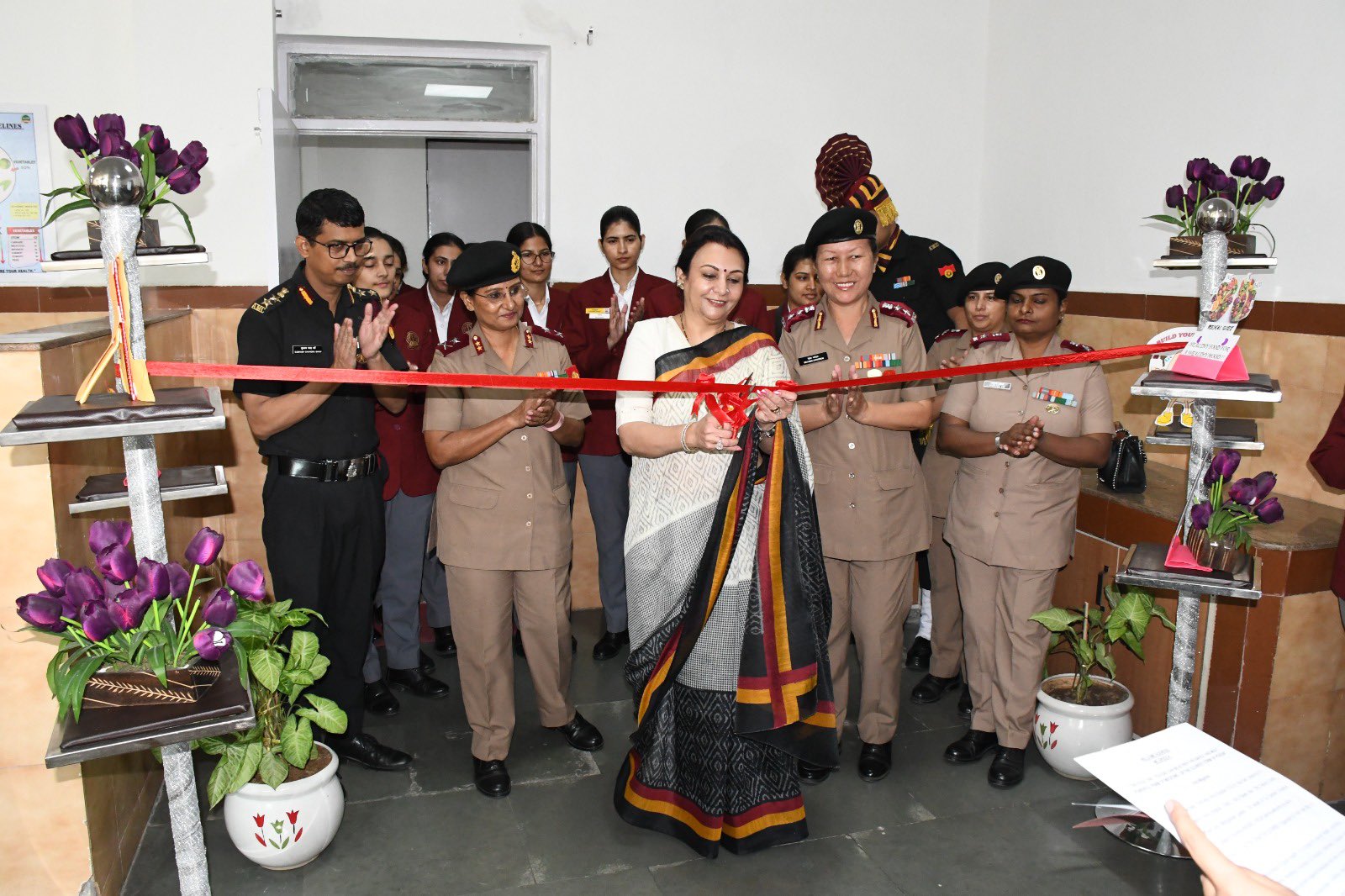German Parliament Approves Funding for A400M Military Aircraft Upgrade
Germany’s parliament has officially sanctioned a comprehensive financing plan aimed at modernizing its fleet of Airbus A400M military transport aircraft. This strategic initiative is designed to meet evolving NATO requirements and enhance operational capabilities for the German military.
The modernization program, which sees collaboration between Germany and Belgium, France, Spain, and the UK, is estimated to cost a total of 380 million euros (approximately $410 million). Germany’s financial commitment will amount to up to 152 million euros (around $165 million), sourced from both a special parliamentary fund and the nation’s regular defense budget.
The upgrades are critical to ensuring that the A400M fleet meets NATO regulations and addresses existing capability gaps. These enhancements will particularly bolster Germany’s ability to rapidly deploy armed forces to overseas operations, an increasingly vital requirement in the current global security landscape.
The Organisation for Joint Armament Cooperation (OCCAR) and Airbus will manage the upgrade process for the A400 fleet. The Airbus A400M itself is known for its versatility, capable of taking off and landing in challenging environments, making it ideal for both military and humanitarian missions. It can transport a variety of loads including vehicles, helicopters, personnel, and troops, and is equipped to perform air-to-air refueling operations.
With a maximum payload capacity of 25 tonnes, the A400M can execute round trips covering distances of up to 930 kilometers (578 miles) while carrying sufficient fuel. Notably, the aircraft’s wings are designed in the UK, while its fuselage is produced in Germany.
In addition to the upgrade funding, Airbus is developing a dedicated maintenance center for the A400M in Germany, with plans for Berlin to receive a total of 53 aircraft by 2026. These efforts underline Germany’s commitment to enhancing its military capabilities in conjunction with allied nations, addressing both current needs and future operational demands.

